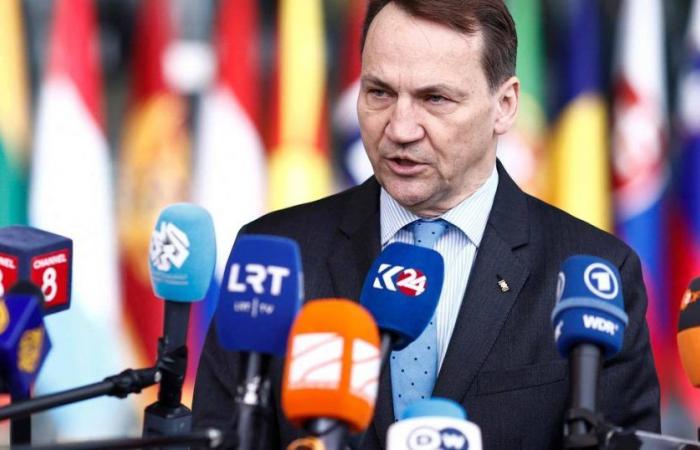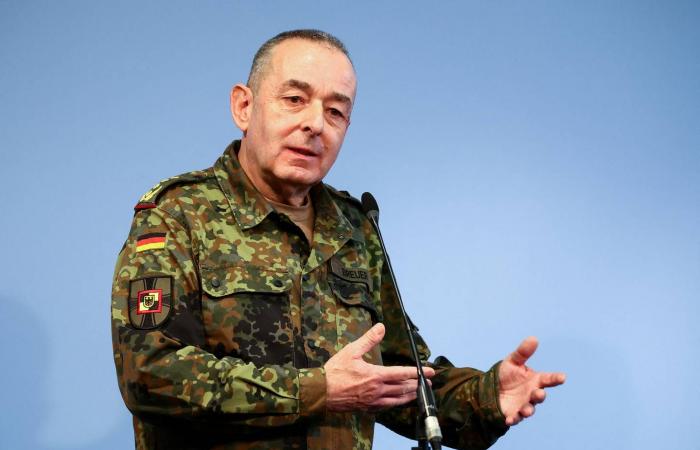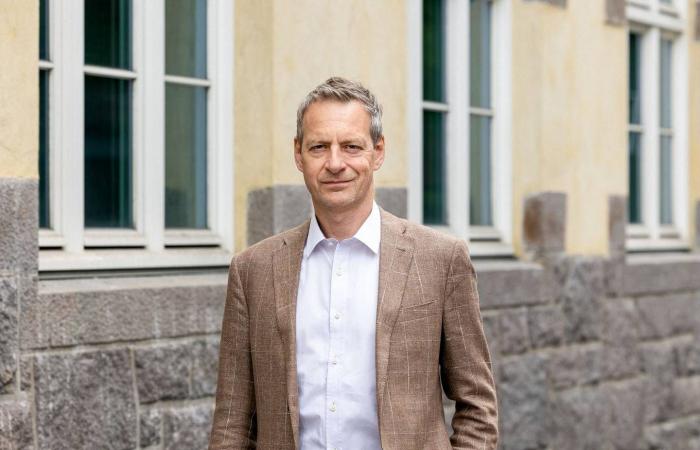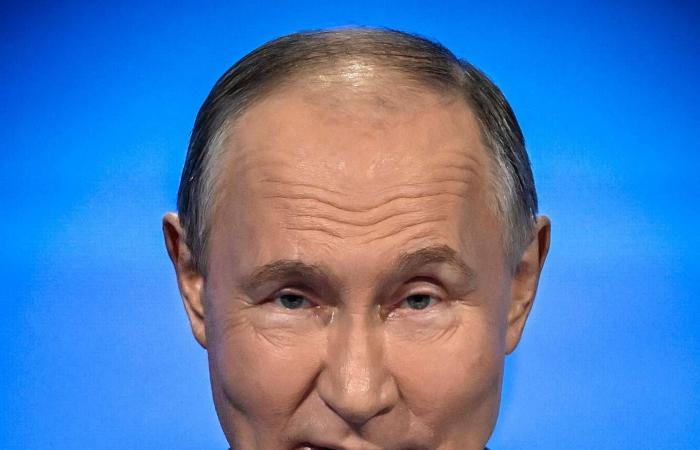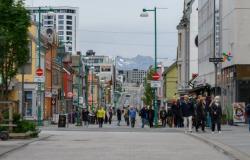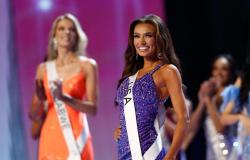A number of experts, politicians and generals have warned that Russia and President Vladimir Putin will not give up on Ukraine. EU foreign affairs chief Josep Borrell and Latvia’s foreign minister Krišjānis Kariņš are among them.
– A high-intensity war in Europe, a conventional war, is no longer a fantasy, Borrell said recently. Others, such as the Norwegian professor Øyvind Østerud, have downplayed the chance of further Russian attacks in Europe.
Now Poland’s foreign minister, Radoslaw Sikorski, is warning Russia and Putin against trying their hand at NATO countries.
– It is not us in the West who should fear a confrontation with Putin. It is rather the opposite, says Sikorski, according to Politico and The Hill. ABC Nyheter has also covered the case.
Polish Foreign Minister Radoslaw Sikorski is confident in NATO’s defense capability in a possible confrontation with Russia. (Virginia Mayo/AP)
The same message to Russia from a German general
The Minister for Foreign Affairs believes it is important to emphasize this point.
– Not to sound threatening to the Russians, because NATO is a defense alliance, but to show that a Russian attack against a NATO country will lead to an inevitable loss for Russia, says Sikorski.
The minister is not alone in thinking so. German defense chief Carsten Breuer has stated that Russian President Vladimir Putin’s forces will be beaten by NATO if, for example, they attempt to attack the Baltic countries of Estonia, Latvia and Lithuania.
– I have no doubt about that. But primarily it is a matter of deterrence; from our current assessment I am not too worried about a Russian invasion in the near future, General Breuer explained.
The German defensive top Carsten Breuer. (Lisi Niesner/Reuters)
Also read: Several sound the alarm about Putin’s plans. Stubb has a different approach
Putin: – Why would we do that?
Karsten Friis, NATO expert and senior researcher at the Norwegian Foreign Policy Institute (Nupi), has told Dagsavisen that there is an important difference between Ukrainian forces and NATO, which would make it difficult for Russia to attack, for example, the Baltics.
– NATO wants air dominance in a possible conflict with Russia. Russian ground forces will therefore be far more exposed than they are in Ukraine, including “in depth”, i.e. far behind the front line.

Senior researcher Karsten Friis at the Norwegian Foreign Policy Institute (Nupi) follows the war in Ukraine closely. (Press photo)
However, Friis added that Europe will be able to struggle against Russia without support from the United States.
– But it very much depends on when and where a possible conflict arises. There is a broad awakening in Europe now, not unlike what we are finally seeing in Norway, and that will strengthen us in the long term, said the Nupi researcher.
Vladimir Putin himself has rejected the possibility of Russian attacks against NATO countries.
– Why would we do that? We have no interest in either Poland, Latvia or anywhere else. It’s just spreading threats, he said in February, adding, according to NTB, that it will only be relevant if one of the countries attacks Russia first.
Also read: Professors: – Europe, not NATO, must send forces to Ukraine
Also read: Putin ally: – It will not save Zelenskyj
Also read: General: – Now we have three choices. Only one of them can stop Putin
—
Facts about Vladimir Putin
- Vladimir Vladimirovich Putin was born in Leningrad, now St. Petersburg, on October 7, 1952.
- Former KGB agent. In 1998, he became head of the Russian security service FSB.
- In 1999, was appointed prime minister by President Boris Yeltsin. When Yeltsin stepped down on 31 December 1999, Putin became acting president.
- Was formally elected president in 2000 and re-elected for another four-year term in 2004.
- In 2008 he became Prime Minister under President Dmitry Medvedev. According to the constitution, Russian presidents could not serve for more than two consecutive terms.
- In March 2012, he was again elected president for six new years.
- In 2018, Putin was re-elected for a new six-year term with almost 77 percent of the vote, according to the official results.
- A constitutional amendment in 2020 enabled Putin to remain in power until 2036.
- In February 2022, Putin invaded Ukraine with large military forces.
- In March 2024, Putin was re-elected as president with at least 87 percent of the vote after all real opposition candidates were barred from the election.
(Sources: NTB, AFP, The New York Times)
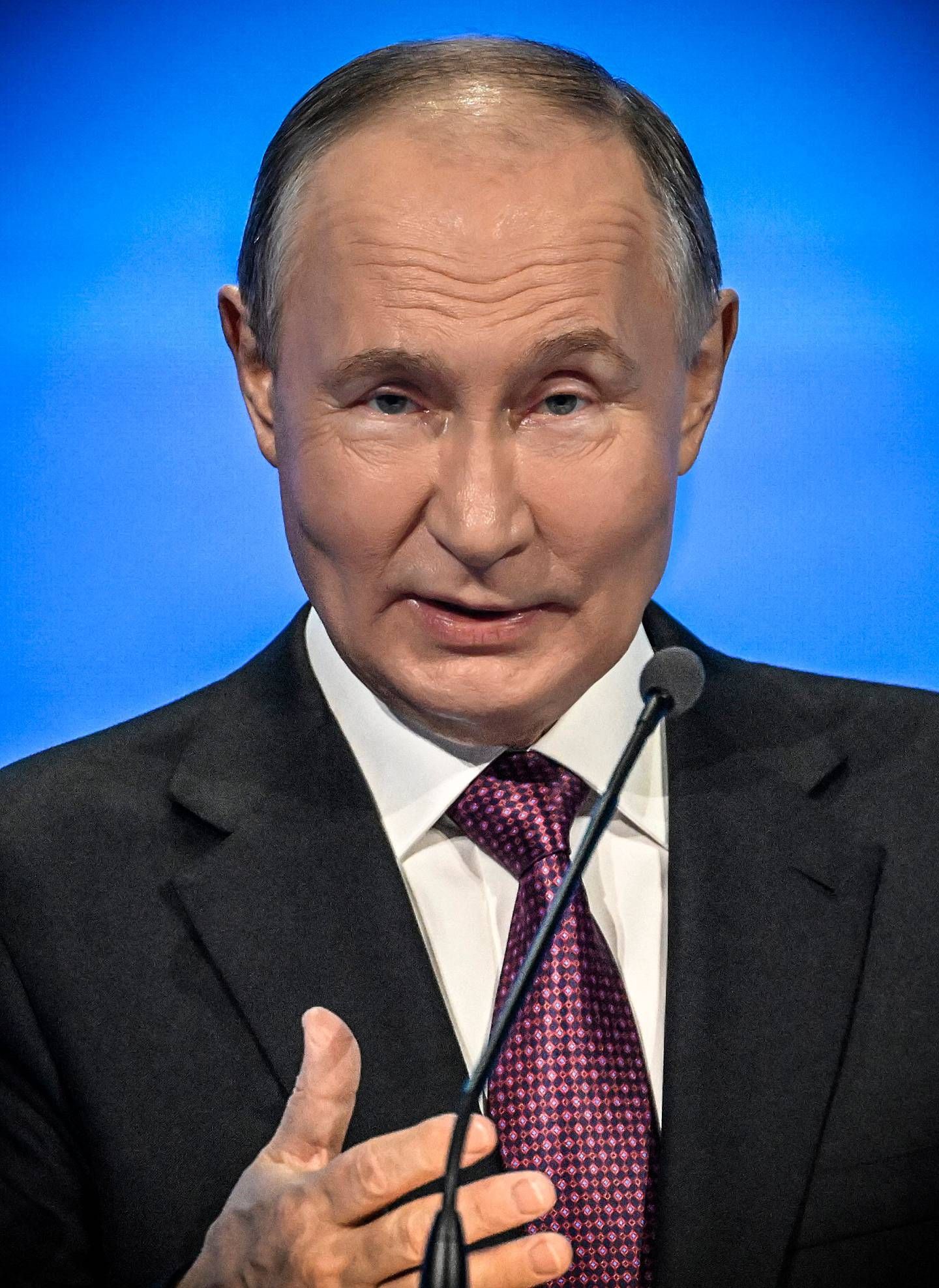
Russian President Vladimir Putin. (ALEXANDER NEMENOV/AFP)
—
Keep yourself updated. Get a daily newsletter from Dagsavisen
Tags: lose war Dagsavisen
-
